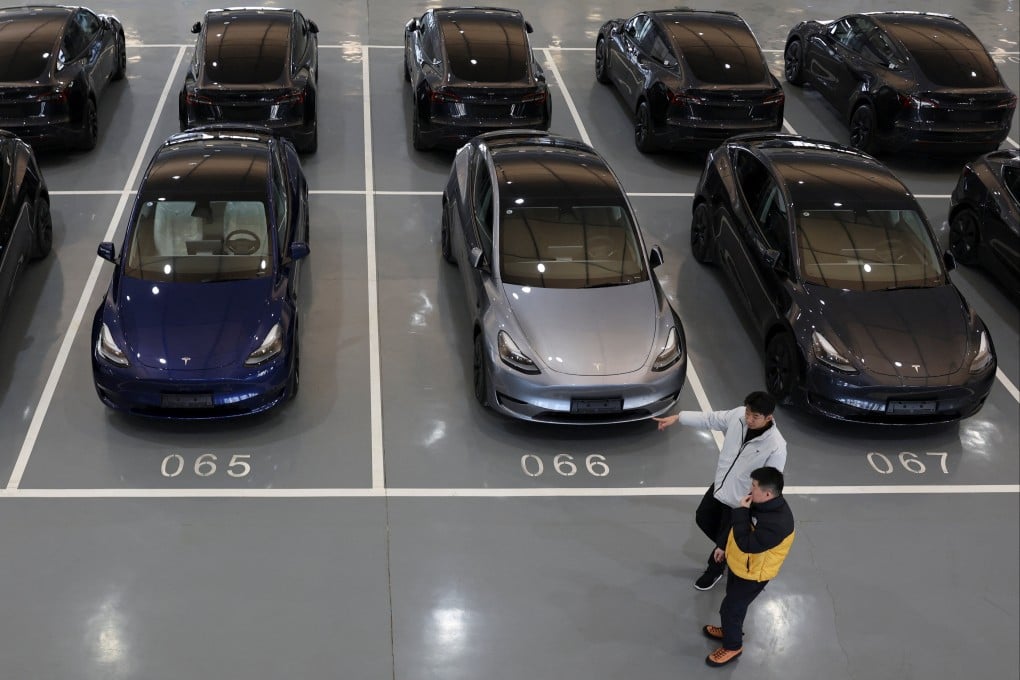Ditch the dizziness: why EVs make people sick – and the tone solution trick
After Chinese scientists pinpoint causes of EV motion sickness, Japanese researchers say a simple sound therapy may be the answer

Last year, 13 million new electric vehicles rolled out onto China’s roads as the country continued a rapid transition to new energy. But as eco-friendly rides begin to dominate transport, the new technology appears to be hauling old baggage – motion sickness.
Studies have revealed that EVs are more likely than conventional combustion engine vehicles to induce queasiness because of their unique acceleration and deceleration characteristics.
According to researchers at Chongqing University and China Automotive Engineering Research Institute, motion sickness can affect the health as well as the comfort of vehicle passengers, who may often feel fidgety and tense while riding in the vehicles.
For instance, regenerative braking systems can induce motion sickness, according to findings published last month by a team led by the Hong Kong University of Science and Technology (Guangzhou).
The system is a unique function in EVs that converts kinetic energy into electrical energy when the vehicle is slowing down to charge the vehicle’s battery, resulting in low-frequency deceleration, which can provoke symptoms of motion sickness.
Researchers from Shanghai University and Chinese carmaker SAIC Motor found that for electric vehicle passengers, “the brain’s functional connectivity undergoes reorganisation to cope with the physiological and psychological stress induced by motion sickness”, according to their study published in October.